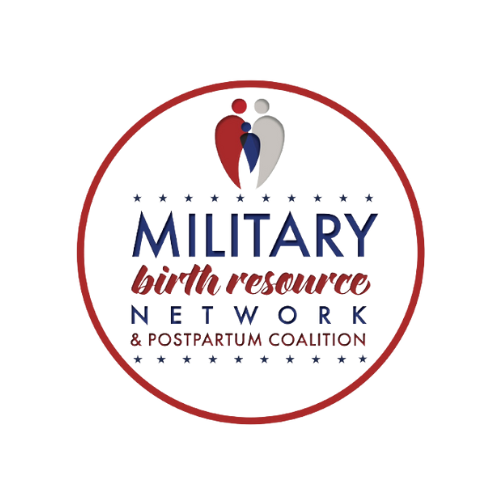Reading Resources for Pregnant Women
Congratulations, you are pregnant! Now what do you do?
I’m sure you’ve heard things like: “do your research” , “know your options”, and“be informed”. What exactly does that mean? If you google pregnancy, there are thousands of articles, hundreds of books and countless blogs about being pregnant, writing birth plans, best baby care, and labor choices. It’s all so overwhelming, how do you know where to begin, what’s the best book, blog or article?
“I knew some things about birth but not many, they really opened my eyes to different things like the many different labor and birthing positions and doulas” - Vivian Chagollan
The first thing to understand is that pregnancy, labor, and baby care are always evolving. What you read one day may be completely different in several months. Begin by deciding what is important to you in your pregnancy and labor. What do you want to experience during your journey? Asking those questions are a great way to narrow down the information you are seeking. Talk to your peers. If any of them have had children, they have already done some of the ground work and can point you in the right direction. According to Jessica Marrero, “it was most beneficial to hear other women’s stories. Just knowing others had been able to have a natural birth made me feel empowered”. Lastly, do not be afraid to talk to your provider about your research and your preferences, communication is key to good care. Your provider will have insight on many issues related to pregnancy and birth.
Now that you have a starting point, what should you read: Medical articles, books, or blogs? They all have their time, place and application. Medical articles are usually found in journals and article aggregate sites like The Cochrane Library. Online or written journals may sometimes require a subscription, but there are many that offer limited free articles and what is called an abstract, which is a basic summary about the article or study. Aggregate sites read through several related articles and give a summary about the information along with discussion about clinical applications and impacts on care. Links to the original research or articles are included in an aggregate article. There are many books available and choosing a book (or books) to read goes back to what you want to experience during your pregnancy, labor, and birth. The Birth Education Center has excellent resources; the staff can help you build your library. Everyone has their favorites that align with their personal philosophy. Therefore, it is wise the discuss or research the book’s contents and philosophy before you buy it.
Blogs are a good source of information, if that is their goal. The amount of blogs online is staggering. There are many that have good information, and then there are those that are opinion based. While opinions are important, when researching birth choices it’s important to deal with facts first. So, to decrease the amount of opinion based blogs and articles, try Google Scholar. This is a search engine that usually culls through and presents information based on research and evidence. It helps narrow down the field of research topics based on your search criteria. There are blogs that offer evidenced based information and many in the birthing community refer to these blogs regularly. Two that come to mind are bellybelly.com.au and kellymom.com . Both blogs have great articles and hints for pregnancy, labor/delivery, breastfeeding and infant care.
Now that you have gotten tons of information; you can name every labor hormone, you know all the stages of labor and could probably put in your own IV! What do you DO with these nuggets of information? First, as said before, talk to your provider. It cannot be stressed enough that communication is key to good care. Do not be afraid to discuss your wishes with your provider. Their goal is a safe and healthy mom and baby; not just physically, but also emotionally healthy. Second, use that information to make your birth and postpartum plans. Your knowledge will help you create a concise, personalized plan. “After researching and writing my birthing plan I felt nervous but I felt more prepared”-Vivian Chagollan. A birth plan is not jus your wishes in writing, it is an indication that you are able and willing to discuss all aspects of yours and your baby’s care. You are part of the decisions made during your pregnancy and labor. Last, relax-yes, relax. Being informed should not coincide with stress. The goal of research is stress relief. You will know what is considered typical, and when things don’t go as expected, you are able to cope with what ever comes your way because you have prepared.
Remember, babies have been born for thousands of years. Without the internet, without books. Trust yourself and be confident in your power to give birth in any manner. “My outlook was totally different because I knew my body knew what it was doing”-Jessica Marrero.
Resources:
Articles/journals:
www.cochranelibrary.com
scholar.google.com
Blogs:
bellybelly.com.au
www.kellymom.com
Books:
- Pregnancy Childbirth and the Newborn
- Ina May’s Guide to Childbirth
- The Birth Partner

